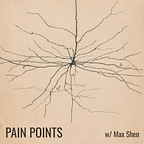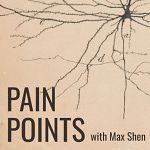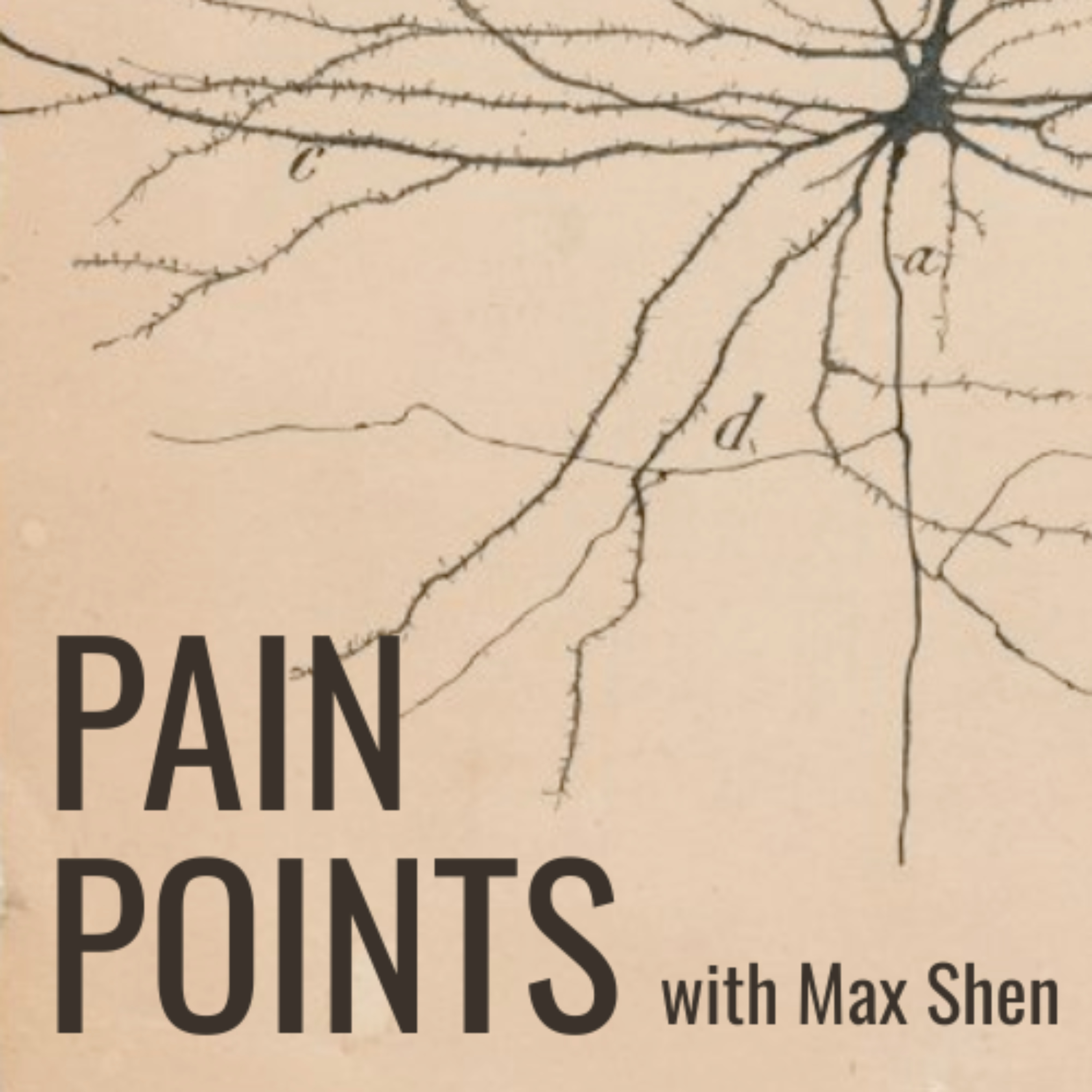⏱ Timestamps
00:00:00 – Introduction: The Coming Paradigm Change in Biology
00:02:00 – The Biomedical Paradigm: Materialism, Reductionism, and Dualism
00:05:00 – How Pain Is Usually Explained (And Why It's Wrong)
00:07:00 – Problems with Materialism, Reductionism, Dualism
00:12:00 – Pain Without Damage, Damage Without Pain
00:15:00 – The Alternative: Biological Computation and Collective Intelligence
00:26:00 – Health as Problem-Solving Ability, Not Statistical Norms
00:30:00 – Pain as a Control Signal and Skill
00:32:00 – The Somatic Scientists: Ida Rolf, Moshe Feldenkrais, F.M. Alexander
00:37:00 – Why RCTs Don't Work for Complex Therapies
00:42:00 – Bridging Science and Practice
🔬 Key Figures Mentioned
Michael Levin (Tufts) — Biological computation and collective intelligence
Karl Friston (University College London) — Active inference and free energy principle
Denis Noble (Oxford) — Biological relativity and heart pacemaker cells
Ida Rolf — Developed Rolfing, emphasized fascia connections
Moshe Feldenkrais — Physicist turned movement therapist
F.M. Alexander — Alexander Technique founder
📚 Resources
Ashar, Yoni K., et al. Effect of pain reprocessing therapy vs placebo and usual care for patients with chronic back pain: a randomized clinical trial.
JAMA Psychiatry, 79(1), 13–23 (2022)Noble, Denis. A theory of biological relativity: no privileged level of causation.
Interface Focus, 2(1), 55–64 (2012)Wampold, Bruce E., and Zac E. Imel. The Great Psychotherapy Debate: The Evidence for What Makes Psychotherapy Work.
Routledge, 2015Beyond Biomechanics: The Enactive Inference Approach to Health and Movement
Read on PsyArXiv
🎙 About the Host
Max is a former machine learning researcher who pivoted to studying pain and cognition after experiencing chronic pain during graduate school. He now uses computational tools to study chronic pain at MIT.
📬 Get in Touch
Email: maxkshen@gmail.com
Twitter: @mxslk
Substack: debugyourpain.substack.com












